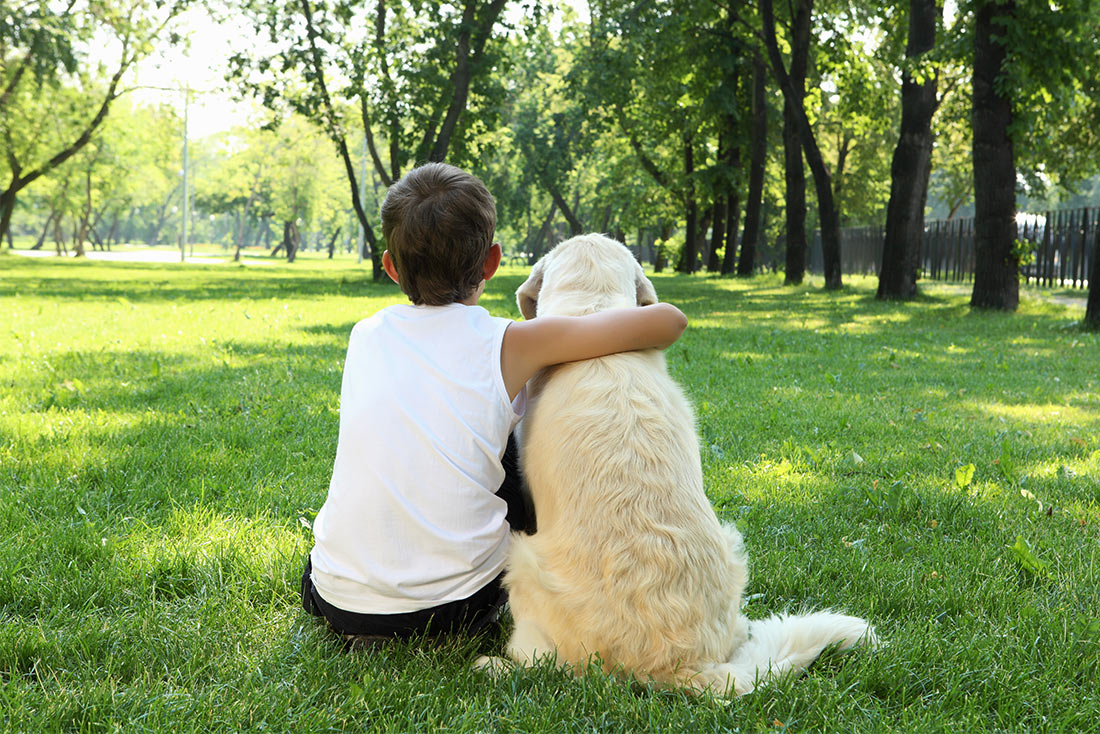Have Fun and Be Safe at the Beach
Living in Southwest Florida means you’re close to the beach. And if you have a dog, you will want to bring him along to enjoy the sun and sand. When considering this adventure, make sure that both you and your four-legged friend are well prepared for the trip.
Bring plenty of water.
Your dog needs to stay hydrated, just like you. Bring a big cooler filled with ice and water along with a bowl for him to drink out of. The last thing you want is to see him drinking salt water, which can case diarrhea and vomiting. You can also use the bottled water to clean any sand off your pup’s face so he doesn’t try to use his messy paws to accidentally rub more sand into his sensitive eyes and ears.
Provide shade for your pup.
You wouldn’t want to sit in the hot sun wearing a fur coat all day, and your dog doesn’t either. Despite the cool water to play in, he can still get easily overheated. Bring a small shade tent or umbrella to take plenty of water breaks, or even a nice nap.
Know your dog’s comfort with the water.
Even dogs with webbing between their toes can be afraid of the water! If your dog has never been to the beach or has never been swimming, then it may be a good idea to buy a life jacket for him. You can buy these at most pet stores, or even online. Encourage him to test the water when you get to the beach, and then you can see whether he will need the life jacket.
Bring plenty of bags for poop.
There is nothing worse than trying to build a sand castle and finding an unpleasant surprise buried. Dogs can’t clean up after themselves, so it’s important for dog owners to be responsible and clean up after their furry friends. Make sure to bring plenty of bags, and if you see an owner who can’t find their poop bags or forgot, help them out. You’ll make a friend for next time!
Know the leash rules.
Some dog beaches don’t require a leash, but others require that dogs be on leashes of a certain length at all times. Do your research before heading to the beach, especially if there are no leash rules.
Watch for hidden dangers in the water.
Most people would assume this means sharks. Generally, though, you want to keep your dog away from mangrove beds, piers, or even sandbars. These can be breeding grounds for oysters, barnacles, and other sharp shells and creatures that can cut your pup’s feet and even cause serious infection. Scan the layout of the beach and make sure you keep an eye on where your dog goes when you let him off leash.
Give your pup a thorough bath afterward.
Wash your dog with cool, fresh water and gentle soap, and make sure to clean every crevice. Any leftover salt or sand that can irritate your skin can easily irritate his, too.





